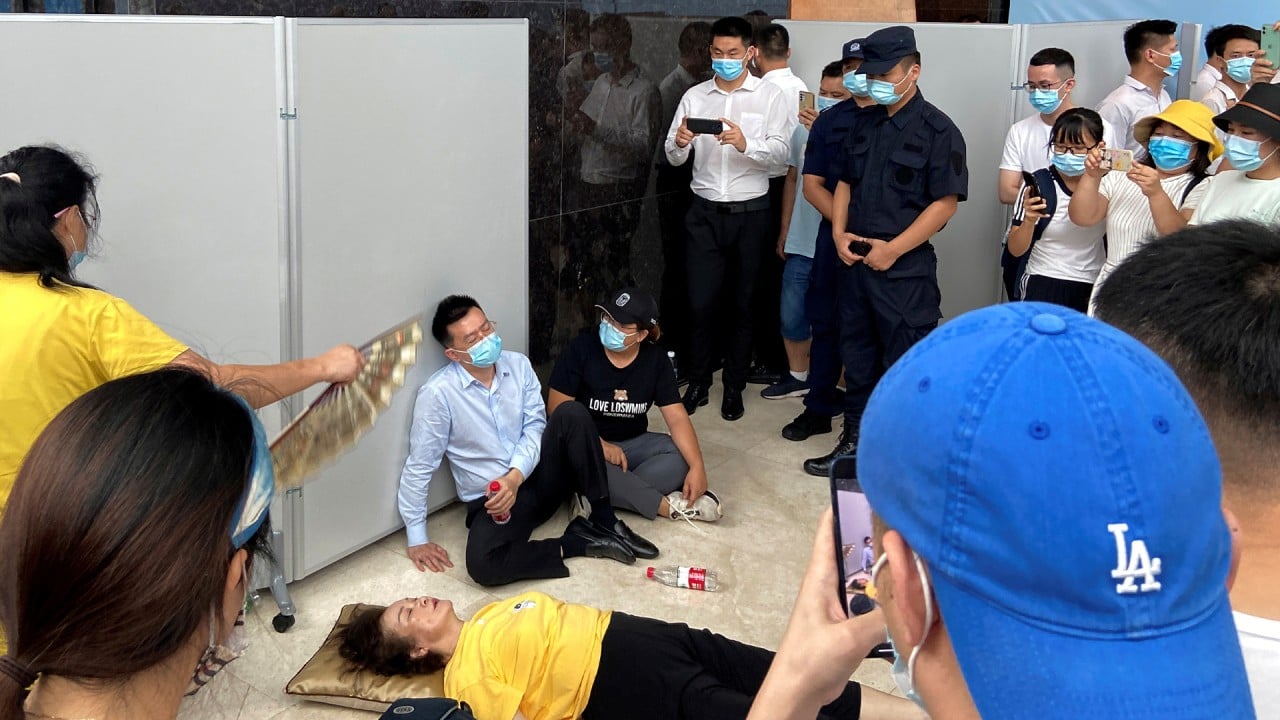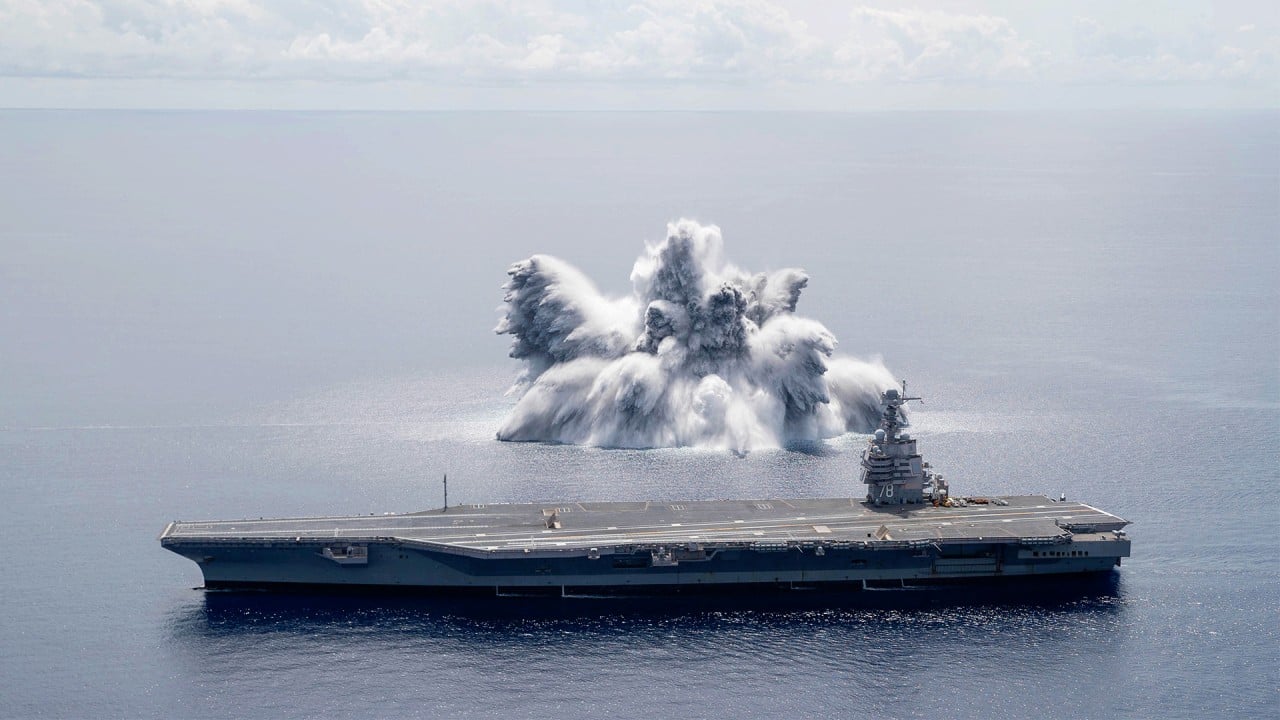
US-China relations: two economies linked by financial risk can’t afford to go to war
- The interconnected fates of the US and China have become apparent from recent exchanges between George Soros and BlackRock
- Financial markets in the US and China have perhaps never looked so fragile, and that is never a good position from which to start a conflict
The US and China have many differences but one problem they have in common is that of systemic risk crystallising in their financial sectors. Financial cooperation is the price they may have to pay to avert the threat.
For a decade or more, Washington and Beijing have been able to engage in what might politely be termed highly competitive behaviour on both economic and strategic fronts, safe in the knowledge that accommodative monetary policy would support the financial systems that underpin such competition.
Quite suddenly, those financial and monetary foundations are looking fragile as tremors in equity, bond and real estate markets hint at possible earthquakes to come. So interconnected is the global financial system that a market crisis would be of pandemic proportions.
More particularly, the interconnected fates of the US and China have become apparent from the recent exchanges between global investment guru Soros and BlackRock, the world’s biggest asset management firm headed by Fink.
BlackRock’s response was less emotional: “We believe that globally integrated financial markets provide people, companies, and governments … with better and more efficient access to capital that supports economic growth around the world.”
George Soros’ case against investing in China is sickeningly hypocritical
Whatever the merits or demerits of such arguments, they show that economic ties between the US and China go much deeper now than trade and business investment and reach critical areas like portfolio investment where both have the potential to boost or damage each other through bond and equity strategies.
Even if such issues were not on the formal agenda during the Biden-Xi chat, they would have provided a psychological backdrop. The US and China cannot afford to engage in a battle for supremacy if their armies face marching on empty stomachs.
Financial markets have perhaps never looked so frighteningly fragile and exposed. This has been obvious for some time in the US where record high stock prices are based on unsustainable monetary largesse rather than economic fundamentals.
Why Taiwan won’t be the next Afghanistan, despite what US pundits might say
As senior analyst Jeffrey Halley at foreign exchange specialist Oanda remarked in a note to clients: “China is unlikely to hit the red button and open the fiscal spigots immediately. Another month of weak data next month may change that narrative though.”
Halley said that “expectations of government largesse may be limiting the fallout in China equities”. “But with the sectorial clampdowns, the Evergrande [saga] and withering domestic consumer confidence, the downward repricing of China equities could be far from over,” he added.
To quote Chinese think tank the Center for China and Globalization (CCG), Washington and Beijing “are now locked in a precarious balance between competition and cooperation”. But neither is in a position to employ 1980s-style “Star Wars” tactics to force the other into ruinous spending.
Both nations are up their necks in debt and that is never a good position from which to go to war. So it makes sense to cool off and pay more attention at the very highest levels of government to financial as well as macroeconomic and strategic issues.
“The recent nomination of Nicolas Burns as US ambassador to China, alongside US Secretary of State [Antony] Blinken’s call with Chinese Foreign Minister Wang Yi, and US Treasury Secretary Janet Yellen’s reported plan to visit China, have prompted renewed hopes for bilateral cooperation,” said the CCG.
Let’s hope so, because the real threat to financial and economic (and thus social) stability now lies not in the Taiwan Strait, or the East or South China seas, but much closer to home, in the stock and bond markets.
If the exigencies of national finance serve to show political leaders the futility and fatuousness of raising competition to conflict-risking levels, that will mark a victory of quiet diplomacy over the sound and fury of aggressive posturing.
Anthony Rowley is a veteran journalist specialising in Asian economic and financial affairs



